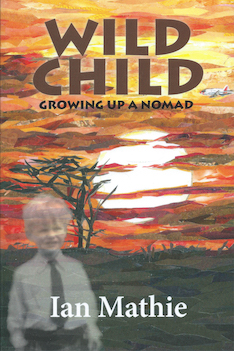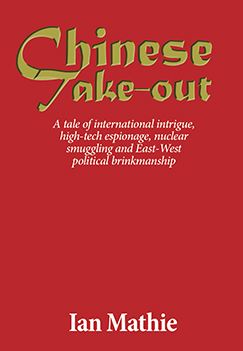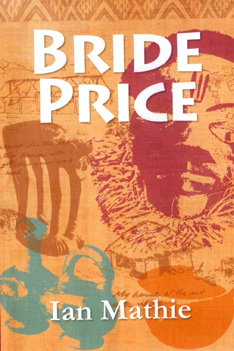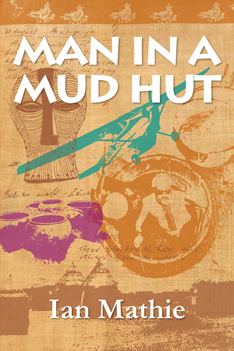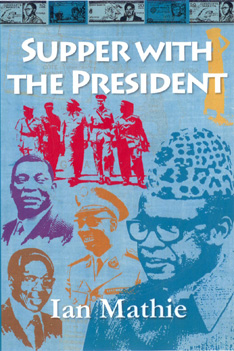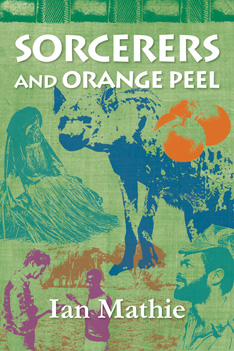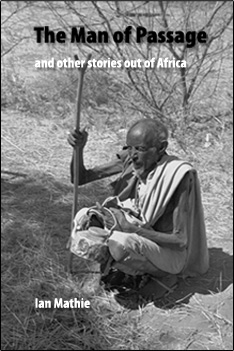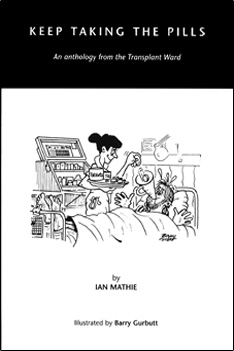Home > Reviews > Dust of the Danakil
Reviews of Dust of the Danakil
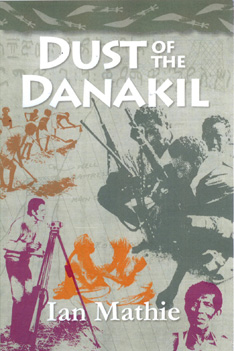
A selection of reviews appear below; for more reader's comments on Dust of the Danakil go to amazon.co.uk.
"This is the fourth of Ian Mathie's books in his African Memoir Series, each thoroughly absorbing in its own way. One or two of the others may have revealed more of tribal customs (as in Bride Price) or action (as in Man in a Mud Hut) and to some extent both these aspects are included in Dust of the Danakil. But in his latest book, Ian demonstrates not only his deep knowledge of and empathy with Africa from the inside, but his experience of the workings of the mandarins of Whitehall and the complexities of distributing aid. Dust of the Danakil is literally about just that: about the knowledge and skills of one young water engineer (that is, Ian himself) to quench the thirst of the desert and its inhabitants. To this end he gets to know the very-hard-to-know tribes of the Danakil, to speak their language and understand their customs, some of them not especially pleasant. In return they get to know and respect him. His Epilogue, The Futility of Relief, is not as negative as it sounds for as well as posing the problems, Ian also suggests solutions."
Sylvie
"Engineer Ian Mathie spent much of his working life in Africa, and has a deep knowledge of the land and peoples. This is his fourth volume of memoirs, and provides a fascinating glimpse into the difficulties faced on the ground when attempting to alleviate human suffering in hostile environments.
In the summer of 1973 the monsoon failed and drought struck Ethiopia. The world’s relief agencies were soon working at full stretch, and few managed to give much thought to the Afar people in the Danakil desert. However, an ill-conceived project was thought up to build an irrigation system there in the desert. Beset by problems from its inception, Mathie persevered with the task and eventually managed to complete it. This book is an account of how he did that, but also has much to say about international aid and relief organisations, and how often well-meaning schemes do not take full account of actual conditions.
Enlightening, certainly, and instructive, I nevertheless found this book rather flat and, quite frankly, dull. Mathie’s prose style is unemotional and bland and failed to engage me. This is a pity, as his story is worth telling. Nevertheless, this is indeed a book worth reading and book groups would find much to discuss."
Mandy Jenkinson, Reviewer for newbooks Magazine

